Black Panther: ‘Inspiring and empowering’
Newest Marvel movie claims critical success by more than just monetary standards
More stories from Rebecca Mennecke
Photo by Submitted
The newest Marvel movie is more racially inclusive and culturally accurate than perhaps any other film in history, and it’s a must-see.
Marvel’s newest superhero film, Black Panther, is ‘super’ for more than just its heroes.
The movie takes a progressive stance on the representation of people of color in film, giving black people the screen time they so desperately need and giving voice to the beauty and strength of black culture.
The film’s setting, a fictional nation in Africa called Wakanda, is one of the first aspects of the film that is progressive in its portrayal.
According to Vox, “Black Panther’s vision of Wakanda as a bustling metropolis of vibranium-powered futuristic skyscrapers, racing trains, and soaring spaceships feels so refreshing.”
Far more often than not, Africa is viewed as a third-world country in need of help rather than a booming economic success. Black Panther rejects this notion through its “futuristic” portrayal of Wakandan society.
Black Panther also represents black culture accurately, causing excitement to stir all over social media.
For example, according to Quartz, the gold rings around the necks of the Dora Milaje, a group of women troopers, were inspired by the Ndebele tribe of South Africa (Zimbabwe), which traditionally represented the wealth of a married man. The more rings, the more wealth.
Women, in particular, reverberated feelings of pride in watching the film as well, because of the portrayal of black women sporting their natural, Afrocentric hair.
“People are moving back to the natural element of their hair,” Camille Friend, the hairstylist for the film, said in an interview with Glamour Magazine.
Natural African hair and the controversy surrounding it has circled the media for a while now, as discrimination against natural-hair promoters ensues, and as more and more women gain the confidence to go product- and heat-free.
One mother, in the interview with Glamour, spoke out about the importance of having superheroes that look like her children.
“‘Immediately, I went online and purchased tickets for (my son and daughter) because they need to see superheroes that look like them,’” a woman by the name of Khalida said.
People of color — and, more specifically, women of color — are feeling empowered because of more than the natural hair, Shanon Lee from the Washington Post said.
“‘Black Panther’ offers a refreshing reprieve from the misogynistic media with which we are regularly bombarded by showcasing empowered women that are inspiring because of their contributions to their country and the way they show up in their own lives,” Lee said.
Many people have openly criticized the film, saying that it is “too black and militant,” but it is so much more.
Finally, little girls who happen to have dark skin can see girls like themselves on movie screens and find empowerment in ways only white girls traditionally have. People of color can feel invited to embrace their African descent, their natural hair and to celebrate their culture and traditions. That’s something that everyone should want to celebrate.
“Black Panther is Marvel’s attempt at being ‘woke,’ and it confronts colonialism, racism and nationalism in profound ways, while also crafting a vision of black womanhood that’s both inspiring and empowering,” Anika Reed of USA Today said.
The progressive world should hope for more movies like Black Panther in the future.

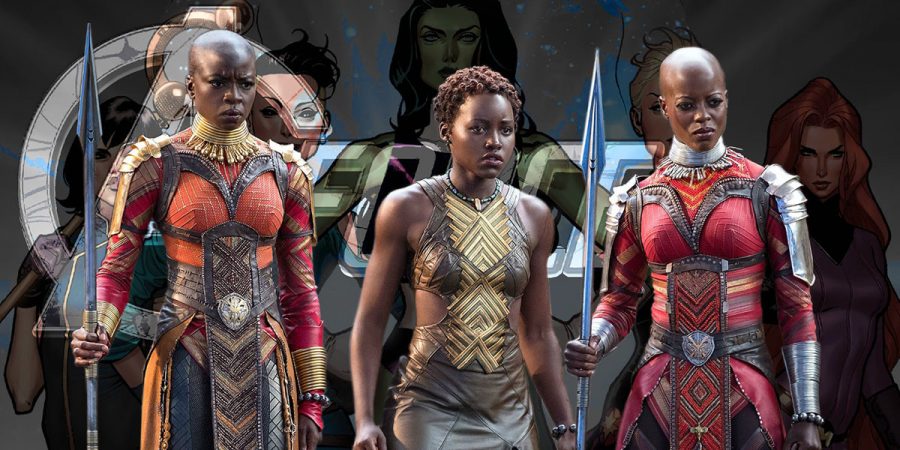
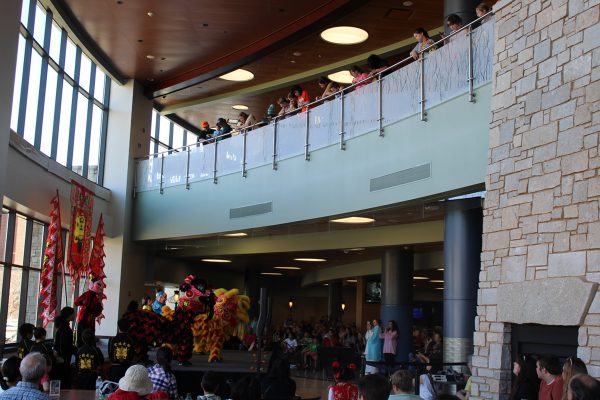

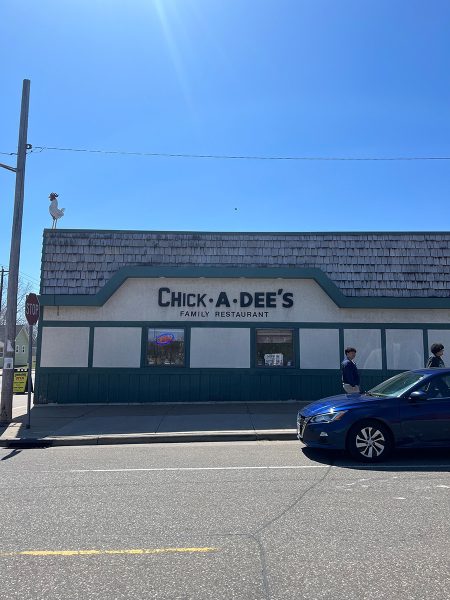

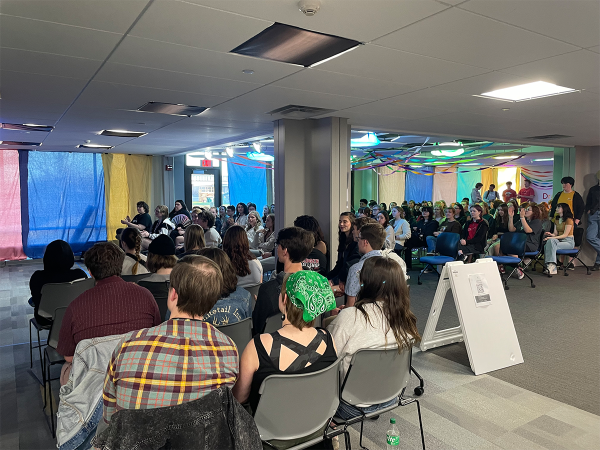

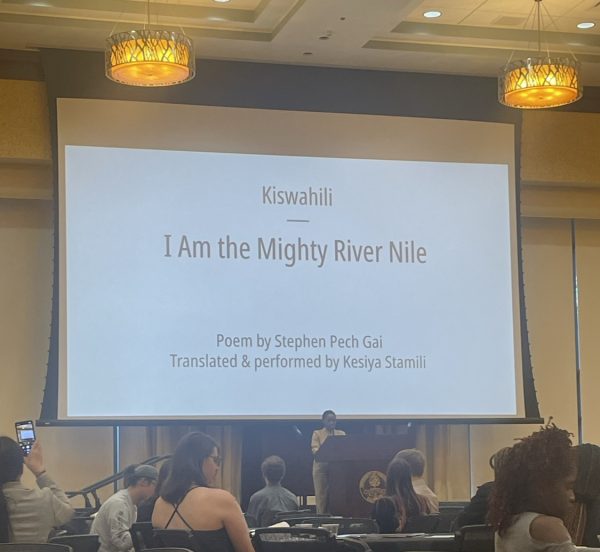
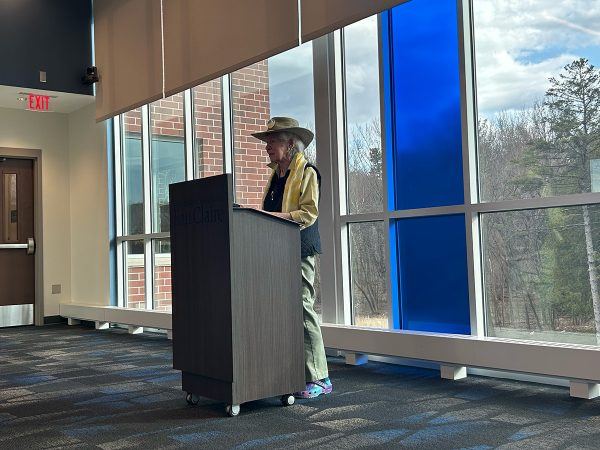

Jeff • Jun 6, 2019 at 8:00 pm
The Ndebele People are not from South Africa, they are from Zimbabwe. You should fact check next time